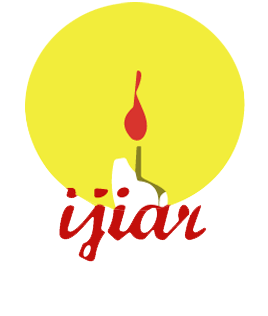Platelet-Driven Modulation of HIV: Unraveling Interactions and Implications
Platelets, conventionally recognized for their pivotal roles in hemostasis and thrombosis, have emerged as multifunctional players in immune responses. In the context of Human Immunodeficiency Virus (HIV) infection, platelets exhibit intricate interactions influencing viral pathogenesis, immune activation, and disease progression. This review aims to provide an in-depth analysis of the diverse roles played by platelets in modulating HIV infection, shedding light on their impact on viral dynamics, immune responses, and associated pathophysiological processes. The paper addresses platelet-driven alterations in coagulation pathways and endothelial function in the context of HIV, emphasizing their role in HIV-associated coagulopathies, endothelial activation, and consequent vascular dysfunction. Additionally, the involvement of platelets in the development of HIV-associated comorbidities such as cardiovascular complications, neurocognitive impairment, and systemic inflammation is discussed, delineating platelet-driven mechanisms contributing to the pathogenesis of these conditions and their implications for disease outcomes. In conclusion, the multifaceted roles of platelets in HIV infection underscore their significance beyond hemostasis, offering potential insights into therapeutic avenues and highlighting the need for further investigations to decode the complexity of platelet-driven modulation of HIV infection.
Department of Medical Laboratory Science, Kampala International University, Uganda
Share this article
